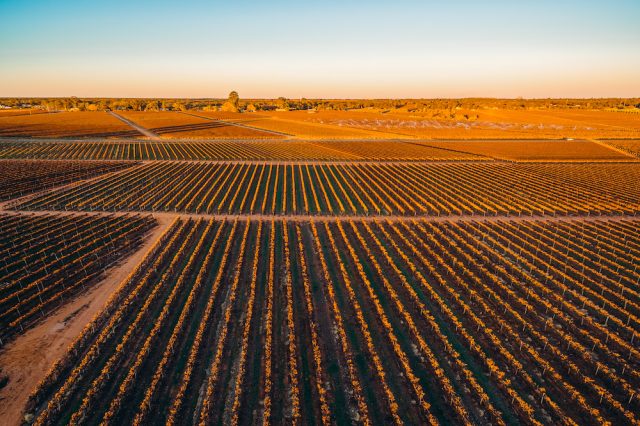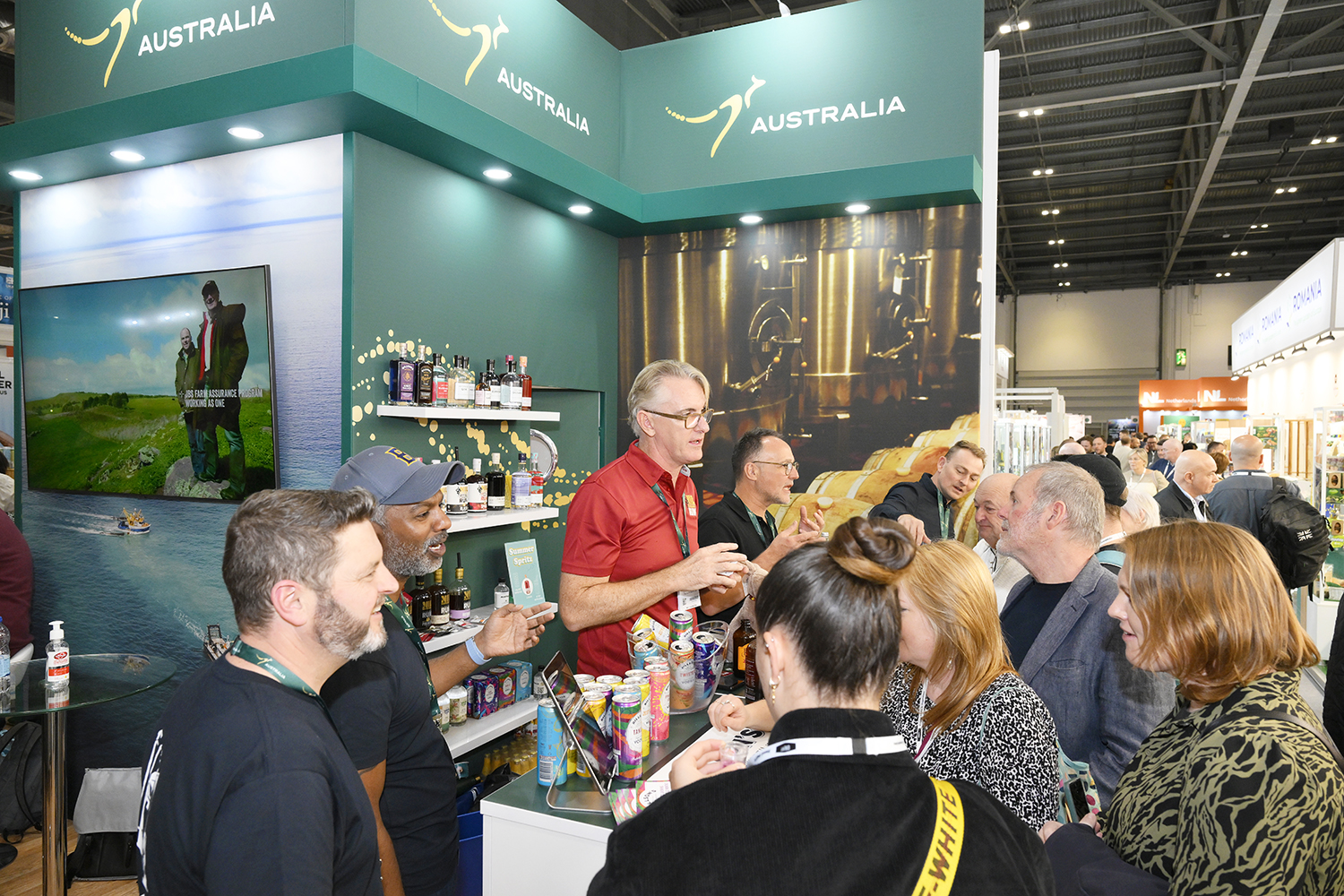Riverland growers call for moratorium on vine plantings
By James EvisonGrowers in Australia’s Riverland region are calling for a moratorium on planting vines in an effort to stop the oversupply of grapes.

The idea was raised at an industry meeting as one of a number of potential solutions to the crisis in overproduction, which has led to low level prices for grapes. In some cases, it has even hitting payment levels last seen in the 1970s.
Although other wine-producing areas in the country have also been hit by an oversupply, the Riverland area in South Australia has been hardest hit, after years of warnings about the potential for overproduction from grape growers.
Former wine industry leader Paul Clancy told ABC News that he had been aware of oversupply as far back as 2004, and that producers had thought the “never-ending export and domestic boom would last”. But he said “nothing lasts forever”.
Meeting
The news follows a meeting a fortnight ago between growers, the wine industry and local government to debate the issue.
It comes as wineries are offering farmers rates as low as AU$120 a tonne (£62) despite the costs of production being more than double this amount.
A Riverland Wine group organising an assembly of 900 growers at the request of the South Australian Government to understand concerns.
At the meeting, BBN Bloomberg reported that it was clear growers wanted more than just financial aid and a “dignified exit” from winegrowing.
It said that farmers had called for not just immediate relief that was necessary but also to “facilitate a transition out of an industry” that had become “unsustainable”.
Protest
That meeting followed growers lining the streets of the town of Renmark with their agricultural vehicles to express their concerns in early February, in a similar move to that seen across Europe by farmers.
Partner Content
ABC News reported that the demonstration was organised by third-generation grape grower Sava Giahgias, who is worried that grape growing is becoming increasingly unsustainable and may lead to a “collapse” of viticulture, and the livelihoods that depend on it: “This is what I love doing and I want to keep doing it, but at these prices we can’t keep doing it.”
“The Riverland is going to collapse if this is not happening,” Giahgias argued. “Us farmers are the Riverland. We are the food bowl.”
According to Riverland Wine, the region’s 2023 harvest provided a third (34%) of Australia’s annual crush.
Wine glut
Australia’s wine industry is going through its most troubled times in a generation. The once booming business saw the value of wine exports slide by 10% in the year to June 2023, hitting the lowest level since 2014.
Hit by China’s punitive tariffs, which does show signs of coming to an end imminently, it has lost its biggest export market.
Climate change is affecting traditional growing areas and yields, and consumer preference is moving towards better quality wines at the expense of commercial or commodity volume brands.
Combined, these factors have triggered a bout of corporate soul-searching in which all the major players are re-examining their business models following a handbrake turn in their fortunes.
Australia’s wine industry had grown substantially, reaching an annual production of approximately 1.3 billion litres in 2022, with more than 2,000 wineries employing 164,000 people and contributing AU$40 billion (£21 billion) annually to the economy, according to Wine Australia.
However, the value of wine exports plummeted by 10% to AU$1.86 billion in the year to June 2023, the lowest level since 2014.
Related news
The top performers from The Global Wine Masters 2024




